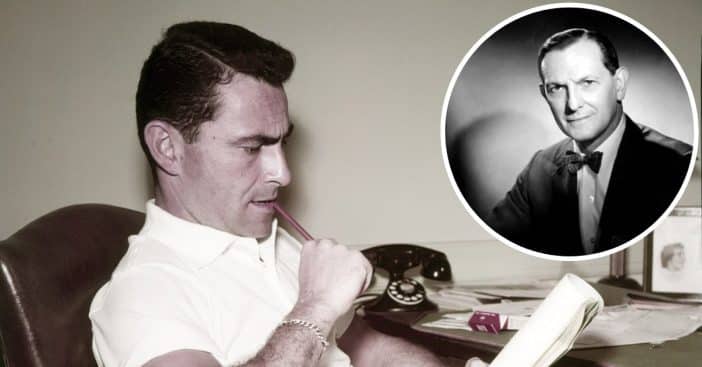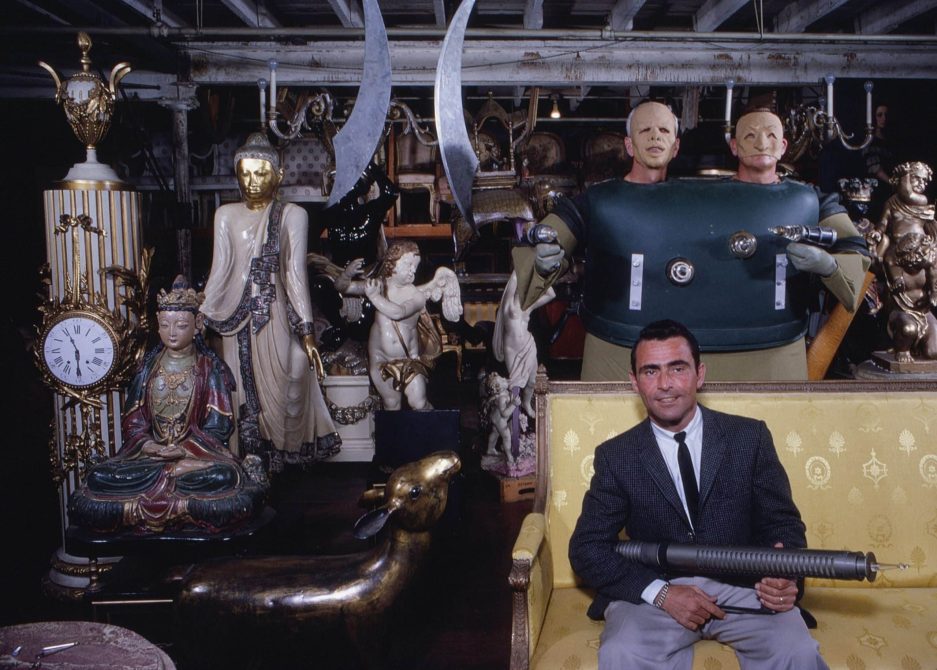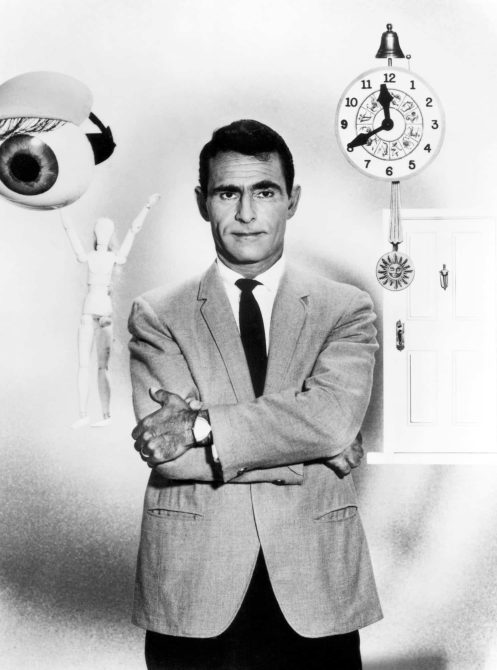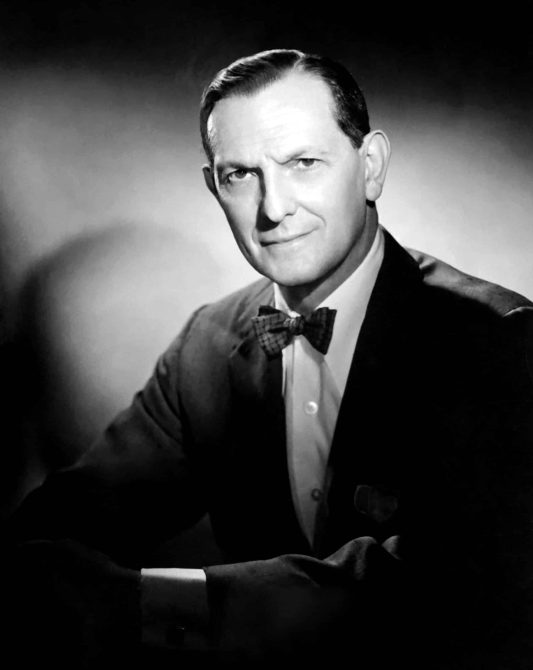
The production of Rod Serling’s The Twilight Zone had deep real-life moments to it beyond the make-believe, several of which were heartbreaking. Interestingly, the series title was, unknown to Serling, already an airforce term for a chaotic moment before landing a plane.
The first season of the series saw the death of one actor mid-shoot, causing Serling to redo the entire episode, as well as an accident on Twilight Zone: The Movie, which goes down in history as one of Hollywood’s infamous set tragedies. However, an episode hit home for one of the stars, Joseph Schildkraut, who suffered a loss on set.
Joseph Schildkraut was living his ‘Twilight Zone’ episode in real life

In the “Trade-Ins” episode, John and Marie Holt, played by Joseph Schildkraut and Alma Platt, have the chance to trade their old aging bodies for youthful ones; however, the couple can only afford for one of them to look younger. John proceeds with it first, and on revealing his new look, Marie bursts into tears.
RELATED: Why Rod Serling ‘Went Through Hell’ When Narrating ‘The Twilight Zone’
Although John intends to raise money for Marie’s procedure, he is moved by her reaction and decides to return to his new body so they can age together. During filming, Joseph’s real-life wife, Marie McKay, was dying and actually passed away in the middle of the three-day shoot. “He was undergoing a tragedy at the time,” episode director Elliot Silverstein revealed.

Despite the unfortunate news of his wife’s death, Joseph “insisted that we not stop production for him.”
“The Schildkraut family was a great theatrical family in Europe— he would finish the film and then mourn. He was in real tears, off-screen,” Silverstein said, according to Marc Scott Zicree’s book, The Twilight Zone Companion.

Joseph, born to screen actor Rudolph Schildkraut, passed away two years after Marie and was buried beside her in Hollywood Forever cemetery. Serling ended the “Trade-Ins” episode with the poet Kahlil Gibran-inspired line, which reads, “Love gives not but itself and takes not from itself. Love possesses not nor would it be possessed, for love is sufficient unto love.”
